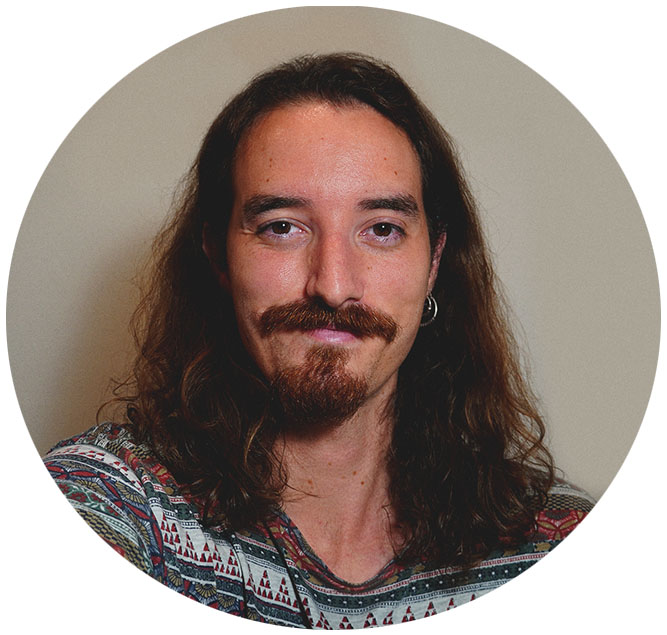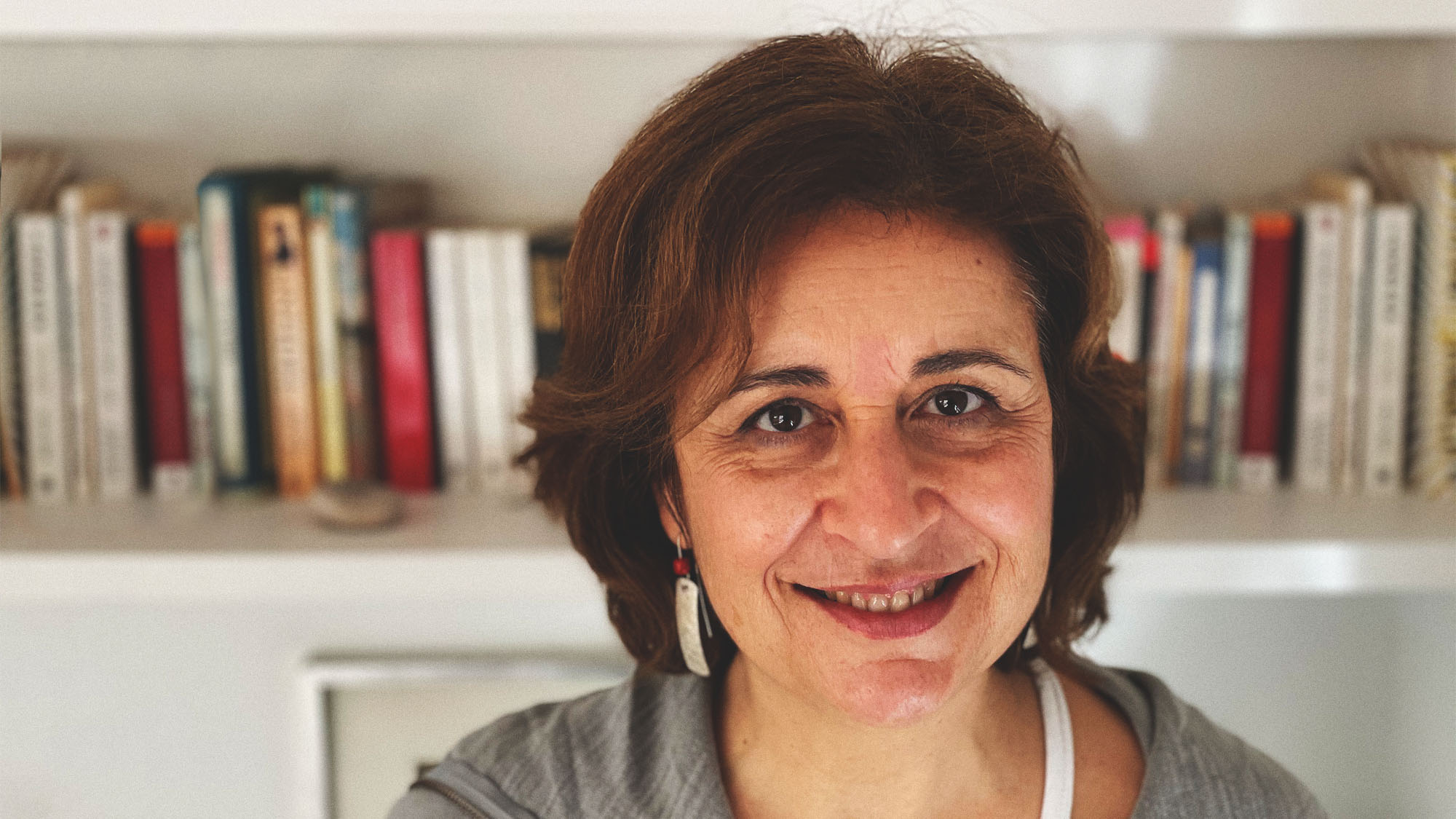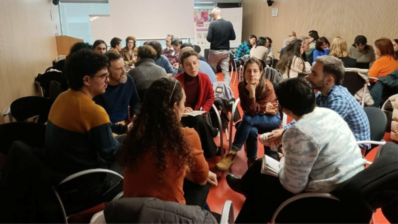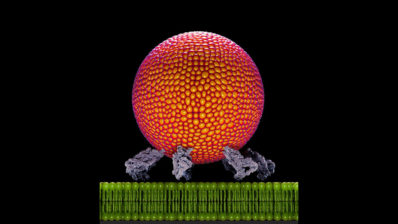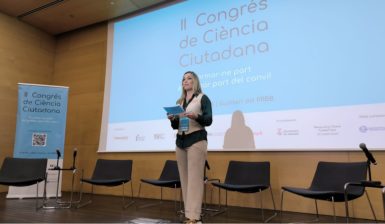Juana Díez Antón is the principal investigator of the Molecular Virology Laboratory of the Department of Experimental and Health Sciences, Pompeu Fabra University (DCEXS-UPF) and she is also part of the Multidisciplinary Collaborative Group for the Scientific Monitoring of COVID-19 ( GCMSC-COVID-19), a group of experts who are trying to provide answers to the many unknowns that surround the SARS-CoV-2 infection.
We talked with her about this interesting project, which has brought together 10 specialists from various fields of Health Sciences to face, in the most informed way possible, the current social and health crisis.
What is the GCMSC and how did the initiative come about?
The goal of the Multidisciplinary Collaborative Group for Scientific Monitoring of COVID-19 (GCMSC) is to analyze and synthesize scientific evidence related to COVID-19, paying special attention to key aspects related to the control of the pandemic in Catalonia. The final objective is to generate reports that are useful for the administrations, private entities and society as a whole.
The group is an initiative of Dr. Josep María Antó from the Barcelona Institute for Global Health (ISGlobal) and is also promoted by the Barcelona College of Physicians (COMB) and the Association of Research Entities of Catalonia (ACER) .
The group involves experts from various complementary disciplines relevant to the COVID-19 context. This includes, among others, experts in epidemiology – such as Dr. Silvia de Sanjosé (PATH) who leads the group -, infection, pediatrics, immunology and virology from various institutions, including the Hospital Clinic-UB, Hospital del Mar, Vall d’Hebrón, ISGlobal, IrsiCaixa and UPF.
“As a virologist, my contribution to the group is the molecular perspective of the infection.”
How do you work within the group? And how do you commmunicate with the public administration; do you think the GCMSC is being listened to enough?
Our workflow is based on frequent video call meetings in which a specialist presents their work on the subject we are dealing with. From there we discuss it with each other and offer our vision, with points of view and ideas that complement and enrich the research of the entire group.
With the public administrations we have a fluid communication and the conclusions of our reports have been discussed with the Departament de Salut. Currently Silvia de Sanjosé is part of the consultation committee of the Departament de Salut as a representative of the GCMSC, and on occasions other specialists have also participated in the consultations to address the issues of the reports.
Our goal is to offer practical and direct documents, with clear conclusions for the society, entities and, ultimately, to help make informed decisions on health policies. We believe that the work of the GCMSC is being taken into account.
The GCMSC has already generated several reports on COVID-19… which one will be the next?
We have already published 6 reports in which we addressed issues such as priority groups for vaccination or the knowledge we have about the immunity generated by the infection.
In our next report we will discuss an increasingly important aspect of COVID-19: the high percentage of patients (10-15%) who develop long-term symptoms after initially having overcome the disease. This is called long-COVID, and unfortunately, the distinction with the aftermath of the disease is not clear. We are very interested in the subject, and we want to synthesize as much information as possible to try to shed some light on the uncertainties and undknowns surrounding this condition.
“As there are very varied symptoms that make the diagnosis of long-COVID difficult, we aim to give some guidelines to facilitate this diagnosis and help patients as soon as possible.”
In the current context, in which citizens are more exposed than ever to scientific information (and also misinformation), how important is to listen to the experts?
Ii is essential. Scientific information is based on evidence, not on what is new or can generate more readers or followers. News in the media are very often based on opinion rather than evidence, yet it is advertised as evidence. This is, from my point of view, the big problem. Scientists are also responsible, when interviewed, to make clear what is an opinion and what is not.
“Scientists are also responsible, when interviewed, to make clear what is an opinion and what is not.”
In line with that: as a virologist, what do you think of the information from the general media about this social and health pandemic?
The initial treatment seemed really wrong to me: an overuse of repetitive information with the aim of filling all the television hours at all costs. Currently I see examples, such as those by the journalist Kiko Llaneras from El País, who makes analyses based on quantitative data, that I believe are a good example to follow.
